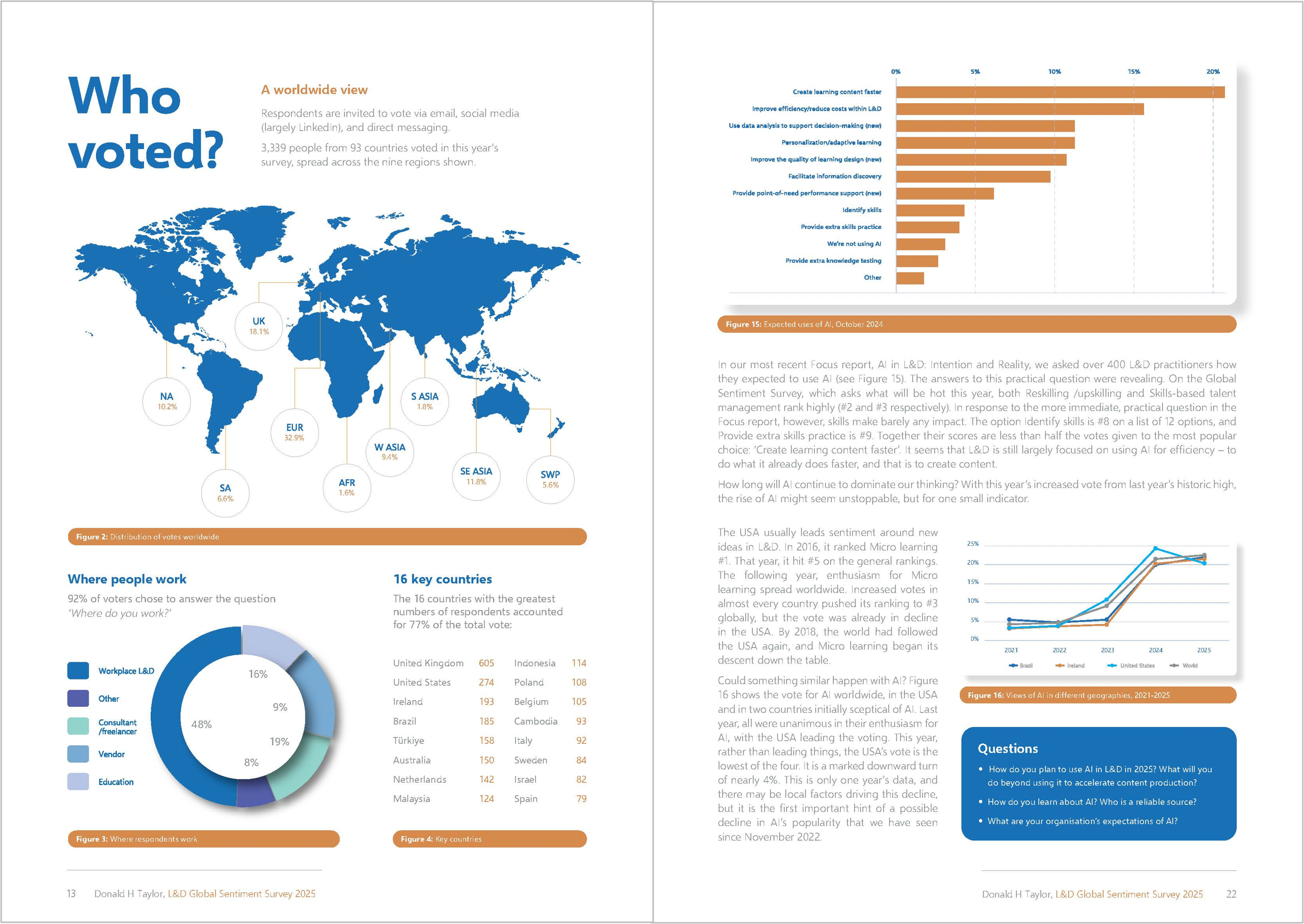The return of the Individual Learning Account?

Government funding for skills has been in the news a bit recently, what with the 2010 demise of the LSC (Learning and Skills Council) looming large and many sector skills councils facing the long, difficult process of relicensing to ensure they have funding for another few years.
When things get rough like this, the normal thing is to muddy the waters by producing another initiative, in this case many are speculating that it will be The return of the Individual Learning Accountin some guise. The rationale: individuals, not governments, are best at deciding what to learn.
That would take another few years to prove a disaster, by which time ministers will have moved on and nobody be available to take the blame.
Ailson Wolf, Sir Roy Griffiths professor of public sector management at King’s College London wrote in the Guardian in December that it was Time to have another go at individually driven learning.
Now Alison Wolf is a smart woman, and you have to respect her views, but I can’t believe that she’s right on all of this. And I would hope that Individual earning Accounts (ILAs) shouldn’t stand a chance of revival in the current tight economic times.
But some of what she says makes perfect sense.
Launched in September 2000, and collapsing a year later, the ILA scheme was supposed to promote individually-driven learning by giving adults the money to decide on their own training. The scheme cost £268m, and went over budget by £93.6m. According to the BBC report on the subsequent select committee’s investigation, it is impossible to calculate how much of this was down to fraud.
Here’s Ms Wolf’s take on it:
As the House of Commons education and skills committee established, there was not actually much fraud. There was, rather, a very badly designed scheme, launched too fast, and with almost non-existent quality control.
I’m not sure that ‘not much’ fraud (Ms Wolf’s words) is the same as not being able to calculate how much fraud there was (the committee’s finding). Certainly my own memory is of training providers indulging in flagrant fraud, stopping individuals in the street, asking them to sign forms, and then processing those to get the ‘starter fee’. The individuals never actually set foot in a training centre.
But are ILAs a good idea in general? Possibly, as part of a larger solution. Giving people control of their own learning destiny, and giving them the money to make something happen, might work, with two caveats.
First: the programme has to be run properly, with advice from honest training providers and commercial learning institutions at the start. Back in 2000, these would have pointed out that for the government to hand providers ILA money at the beginning of training, rather than on completion, was tantamount to writing a blank cheque to the training provider that could conjour up the greatest number of fake students fastest. Believe me, this happened. It happened in spades.
Second, the programme’s aim should be explicit about getting individuals excited about learning, and nothing to do with contributing to employer or national competitiveness. The reason for this is that while there will, of course, be some effect on competitiveness in any form of learning, tying the scheme to it will result in restrictions that make it unworkable. There will be obsessive tracking of the numbers of qualifications earned, and the measure will then start to drive the process, rather than resulting from it. In the end some policy wonk in Whitehall will have a decision to fund or not fund what he/she thinks might be useful for business. This is not a receipe for good policy.
And it is on this point – the failure of central skills planning, that Wolf is bang on target. She says:
Central planning has failed. Demonstrably. Again. It has not spotted and filled the nation’s “skill gaps”, whatever they may turn out to be in the post-recession world, or raised productivity, or ensured economic growth by delivering qualifications.
However, her conclusion from this: It is time to rediscover individuals, and learning, and individual learning accounts, presents a false dichotomy. The ILA is not the sole alternative to the qualifications-focused, centrally driven approach.
The alternative approach is something less tangible, less measurable. It will take longer – much longer – to show measurable effects.
I have been talking to the people who provide training within organisations, and to senior management, for over a decade. Increasingly it has become clear to me that there is a fundamental issue with training that neither ILAs nor government policy tackles, because both are outcomes based: they focus on qualifications.
For the UK to boost its skill levels to acceptable international levels, it must become a country where skills are important in their own right. Where both their importance is understood and the techniques and methods for improving them.
We do not need another piecemeal chunk of policy or another initiative. We need to be a country where University Challenge Star Gail Trimble is not vilified for her remarkable brain, and Jade Goody celebrated for her charity work, not her ignorance.
We need a revolution in attitudes to learning.


